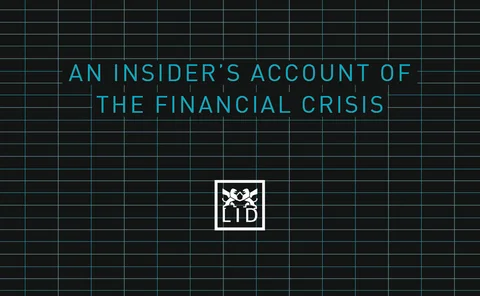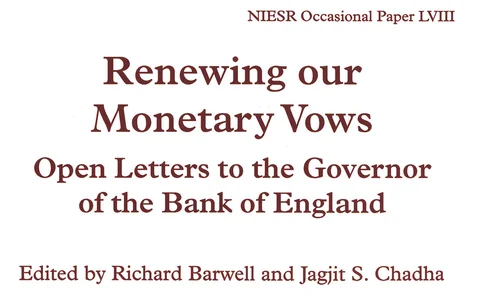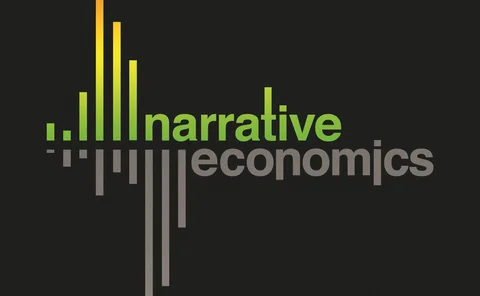Book reviews
Book notes: Radical uncertainty, by Mervyn King and John Kay
The one certainty we have faced is that we have to confront uncertainty, which is precisely the point of this wonderful book
Book notes: The state of economics, the state of the world, edited by Basu, Rosenblatt and Sepúlveda
The 2016 contributions of Nobel Prize-winning economists and others remain relevant to today
Book notes: Stable banks in challenging times, by Andreas Dombret
Dombret’s stability and rule-based compass should be that for every aspiring central banker, worldwide
Book notes: Central banking before 1800, by Ulrich Bindseil
A new standard reference point for the history of central banking
Book notes: In the combat zone of finance, by Svein Harald Øygard
A fascinating and readable book for those charged with maintaining financial stability and interested in a new perspective on institutional efficiency
Book notes: Crisis spaces, by Costis Hadjimichalis
“Don’t buy this book, unless you are a dedicated Marxist”
Book notes: Renewing our monetary vows, by Richard Barwell and Jagjit Chadha
Open letters to the governor of the Bank of England, as new chief Andrew Bailey takes over
Book notes: The art of economic catch-up, by Keun Lee
Rather than merely catch-up, the book offers countries advice in making a sea change in their economic statuses
Book notes: After the crash, by Sharyn O’Halloran and Thomas Groll
The book seeks to identify seeds of the next crisis, and the overriding impression is a plea for more regulation
Book notes: The power of money, by Robert Pringle
Economists would benefit from reading this “remarkable” book, which contains “brilliantly written snapshots” about money’s historical and social roles
Book notes: The long journey of central bank communication, by Otmar Issing
This book is a “masterly exposition on central bank communication, its evolution and continuing challenges”, writes Anand Sinha
Book notes: The Japanese central banking system compared with its European and American counterparts, by Yoshiharu Oritani
The book has “no equal” in reviewing new microeconomic theory for central banking
Book notes: The Bank of England and the government debt, by William Allen
Required reading for Treasury, Debt Management Office and Bank of England staff
Book notes: Economics for the common good, by Jean Tirole
The book should be well received amid the recent rise in populism
Book notes: Narrative economics, by Robert Shiller
The book is good fun to read, but some elements are a little disappointing
Book notes: After Piketty, by Heather Boushey, Bradford Delong & Marshall Steinbaum
The book leaves you with a deeper and nuanced understanding of Piketty's work
Book notes: Shadow networks, by Francisco Louçã and Michael Ash
While not all central bankers will read this book, the problems it presents should not be left to politicians to solve
Book notes: Humanomics, by Vernon L Smith and Bart J Wilson
While being authored by world-class Adam Smith specialists means this is a must-read, the value-added of the book “remains a bit vague”
Book notes: Why not default?, by Jerome Roos
A thought-provoking book that will repay the investment of any reader with an interest in sovereign debt
Book notes: Currency, credit and crisis, by Patrick Honohan
Honohan brings an analytical eye to the measures taken to avert a deep crisis in Ireland
Book notes: The third pillar, by Raghuram Rajan
Rajan sets out an ambitious – but deliberately non-radical – manifesto for reform at the local level
Book notes: Floored!, by George Selgin
Michael Reddell remains unconvinced the Fed’s introduction of the IOR prolonged the recession, but credits Selgin’s argument the IOR policy made the central bank a more powerful credit lender
Book notes: Finance and philosophy, by Alex J Pollock
A readable and useful book that provides much food for thought, and should be read widely by economists and policy-makers
Book notes: Where economics went wrong, by David Colander and Craig Freedman
Chicago economics’ gladiatorial debating style has cost the discipline dearly, the authors argue























